Croatia year 2015 Croatian Intangible Cultural Heritage
Croatia boasts a rich tapestry of intangible cultural heritage, encompassing traditions, customs, rituals, performing arts, and culinary practices that have been passed down through generations. Here are some examples of Croatian intangible cultural heritage:
- Klapa Singing: Klapa singing is a traditional form of a cappella singing that originated in Dalmatia, Croatia. It involves a group of male singers performing multipart harmonies, often accompanied by guitars or mandolins. Klapa singing is recognized by UNESCO as an intangible cultural heritage of humanity.
- Ojkanje Singing: Ojkanje singing is a unique form of traditional singing found in the Dalmatian hinterland and parts of Bosnia and Herzegovina. It is characterized by its distinctive vocal ornamentation and improvisation and is often performed at social gatherings and celebrations.
- Nijemo Kolo: Nijemo kolo, or silent circle dance, is a traditional Croatian dance performed without music. Dancers move in a circle, following intricate steps and patterns, often accompanied only by the sound of their footsteps and occasional shouts or calls.
- Lacemaking: Lacemaking is a traditional craft practiced in various regions of Croatia, particularly in the town of Pag and the region of Lepoglava. Croatian lace, known for its intricate designs and high quality, has a long history dating back centuries.
- Međimurska Popevka: Međimurska popevka is a traditional form of vocal music from the Međimurje region of northern Croatia. It is characterized by its melodic and lyrical qualities and often incorporates themes of love, nature, and rural life.
- Zagreb’s “Licitar” Heart: Licitar hearts are traditional Croatian gingerbread cookies decorated with colorful frosting. They are often given as gifts on special occasions such as weddings, birthdays, and holidays and are considered a symbol of love and friendship.
- Traditional Cuisine: Croatian cuisine reflects the country’s diverse culinary heritage, with influences from Mediterranean, Hungarian, Austrian, and Turkish cuisines. Traditional dishes such as čevapi, štrukli, and pašticada are enjoyed across the country and are an integral part of Croatian cultural identity.

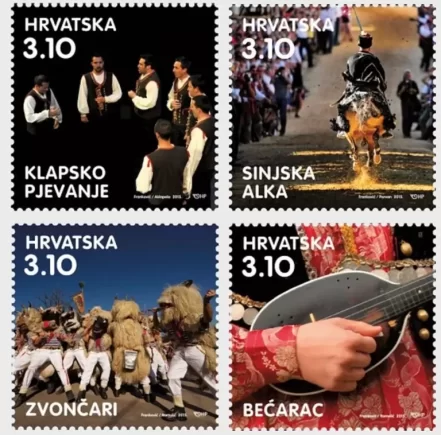
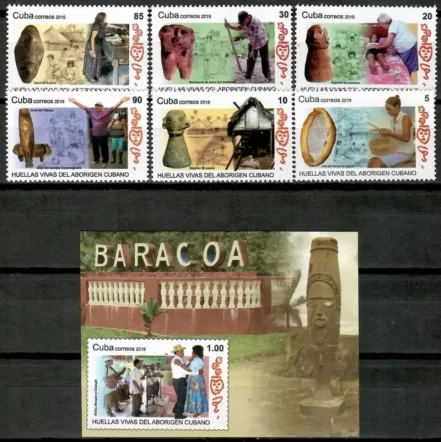
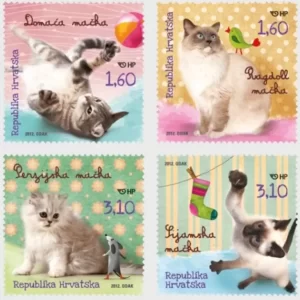
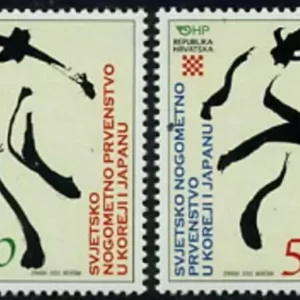
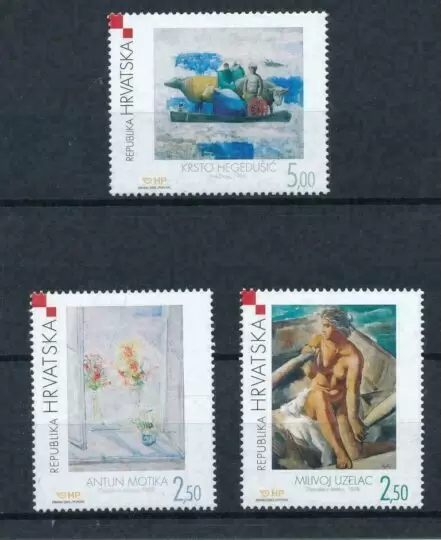
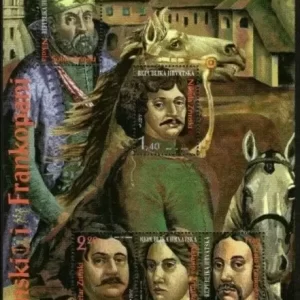
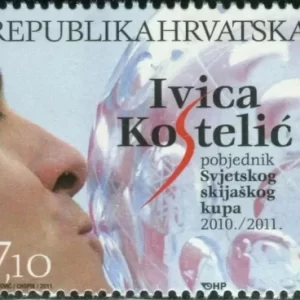
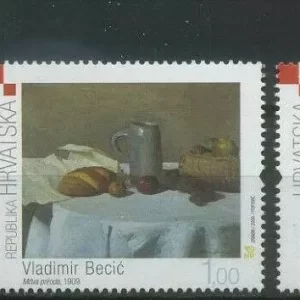
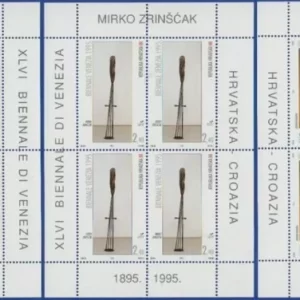
Reviews
There are no reviews yet.